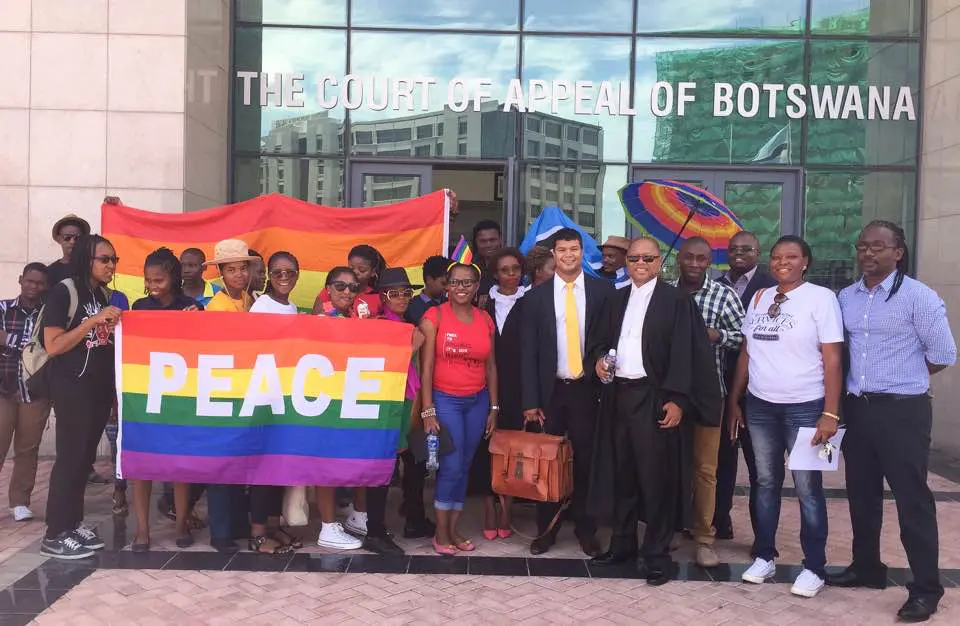
On the 14th of August 2013, a ground breaking judgment was handed down. A United States Federal Massachusetts judge ruled that persecution on the basis of sexual orientation and gender identity is a crime against humanity and that the fundamental human rights of LGBTI people are protected under international law.
The case was brought under the Alien Torts Statute “ATS”, 28 U.S.C. §1350[1] by the Centre for Constitutional Rights which filed a federal lawsuit on behalf of the Sexual Minorities Uganda,[2]against self-proclaimed “gay movement” expert, and anti-homosexuality activist Scott Lively. Lively is a US citizen and the leader of a conservative Christian Church. He has been actively involved in campaigns in Uganda that have resulted in persecution on the basis of gender and or sexual orientation and gender identity. Lively is being sued for aiding and abetting persecution as a crime against humanity. Lively’s motion to dismiss was denied by the learned judge and the matter will proceed to a pre-trial hearing.
As ground breaking as this judgment is, it is uncontroversial as Lively’s conduct fits the bill perfectly. One could almost say that it is about time a case like this was before a competent court. Given the slow, yet steady progress of international criminal justice, one hopes that this judgement will set an important and progressive precedent.
Thankfully, this judgment also indicates that the ATS is alive and well, and that the limits set down in Kiobel case did not put the last nail in the coffin. However, given that the legally required link to the US (Lively is a US citizen and the US was also the site from which he conducted much of his anti-homosexual campaigning) was established in this case, it can immediately be distinguished from Kiobel. It is true that Uganda was the site of harm, but Lively was operating from Massachusetts. Where this leaves the ATS and claims brought in terms of this statute where even weaker links to the US exist- remains to be seen.
One of the other interesting talking points is the fact that the Centre for Constitutional Rights steered clear of the typical and trite hate speech argument and instead opted to fuse international criminal law with domestic US law. The two legal regimes function magnificently in tandem. This has allowed them to fight for the rights of LGBTI people in Uganda as well as send a strong message to actively homophobic people everywhere. It has also displayed the need for international criminal law, its’ relevance and currency in our contemporary society.
Among other strategies, Lively’s defence team sought protection under the US First Amendment and claimed that their client is entitled to free speech and freedom of expression. Judge Ponsor quashed this defence by simply pointing out that aiding and abetting cannot be shielded by the First Amendment. Game, set, match.
The matter will proceed to the pre-trial stage, and the verdict is much anticipated.
[1] It states that “The district courts shall have original jurisdiction of any civil action by an alien for a
tort only, committed in violation of the law of nations or a treaty of the United States.” 28 U.S.C. § 1350
[2] A non-profit organization that represents LGBTI advocacy groups in Uganda.
This entry was posted in Blog, International Criminal Justice, LGBT/sex worker rights, Our Experts. Bookmark the permalink.



